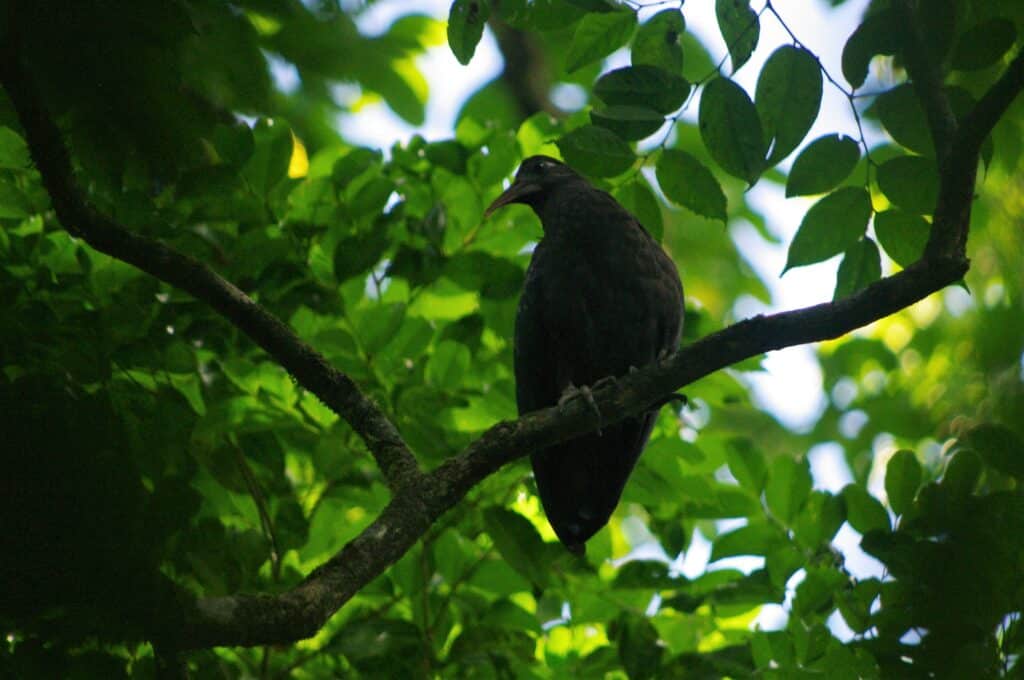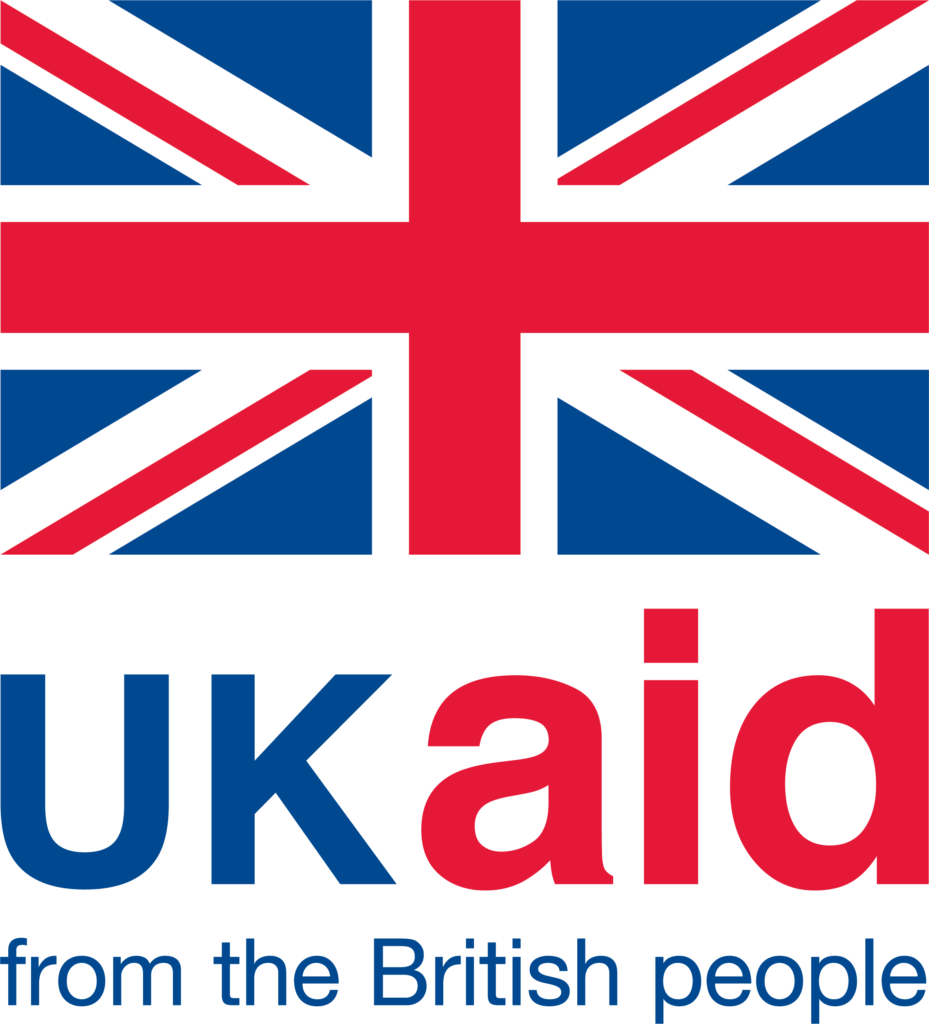Big wins for conservation and livelihoods – thanks to UK’s Darwin Initiative
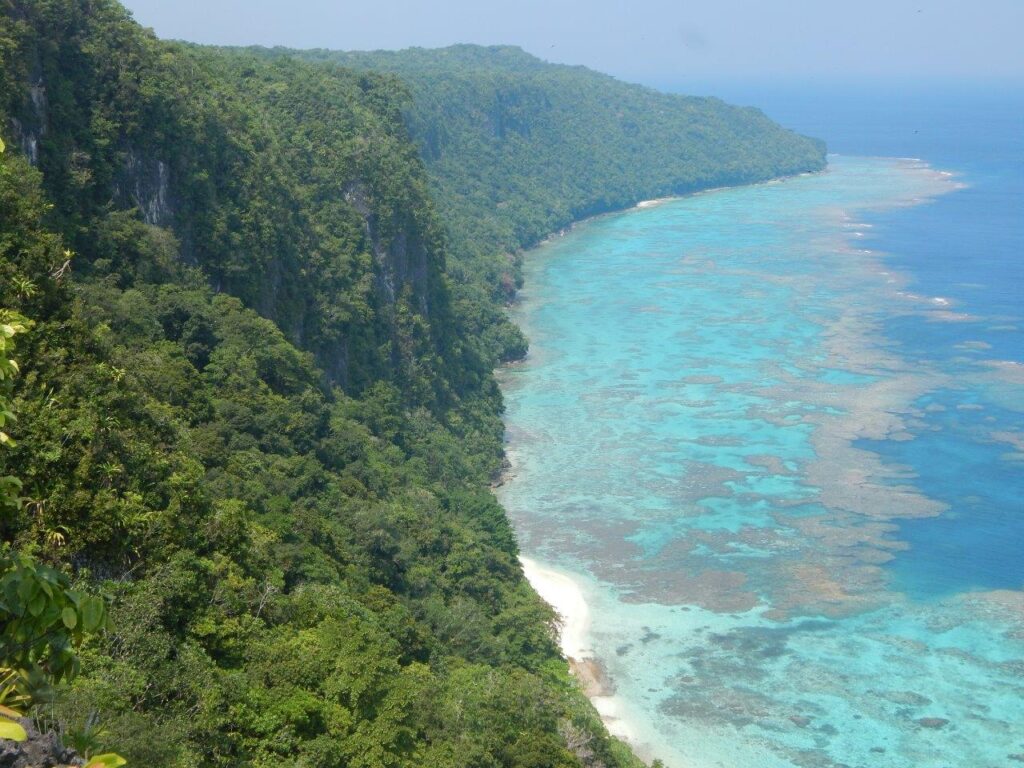
BirdLife International launches four new projects supported by the UK government’s Darwin Initiative.
BirdLife has secured 1.72M GBP in Darwin Initiative support for four new projects that will promote vulture conservation in East Africa, support fisheries sustainability in Cabo Verde, address the impact of invasive alien species on biodiversity and livelihoods in the Solomon Islands and build capacity to manage hunting in São Tomé and Príncipe.
Funded by the UK’s Department for Environment, Food and Rural Affairs, the Darwin Initiative is a UK government grants scheme that helps protect biodiversity, the natural environment and the local communities that live alongside it in developing countries.
An integrated approach to protecting wildlife from poisoning in Mara-Serengeti
Wildlife poisoning driven by human-wildlife-conflict and use of body parts in traditional medicine poses risks to human health and is killing threatened African vultures and other fauna at a devastating rate. Vultures in Africa are in crisis with seven of 11 species Critically Endangered or Endangered with poisoning the cause in more than 61% of recorded deaths – making it one of BirdLife’s top priorities in Africa.
This project will expand successful pilots to reduce poisoning by working with communities on both sides of the Mara-Serengeti transboundary area. It will address the factors that threaten vultures and impact negatively on communities, resulting in livelihood improvements through better protection of livestock and new sustainable livelihoods options.
Incidents of retaliatory poisoning against mammal predator attacks are widespread, threatening the predator species but having an even greater impact on the vultures that may feed, in great numbers, on the poisoned carcass. Responses need to find practical solutions to human-wildlife conflict whilst monitoring and addressing, quickly, any incidences of wildlife poisoning.
Poisoning of vultures and other species for belief-based use of body parts or whole carcasses is a less well known, but increasingly documented problem in Tanzania. The project will engage with local stakeholders and apply/adapt successful approaches that are bearing fruit in Nigeria.
The project will work with BirdLife Partner, Nature Kenya, and communities in Narok County, to scale up successful models, such as improved boma (corral) construction and recommendations for safer herding practices to reduce livestock losses and retaliation with Rapid Response Mechanisms to reduce wildlife mortality in the event of poisoning.
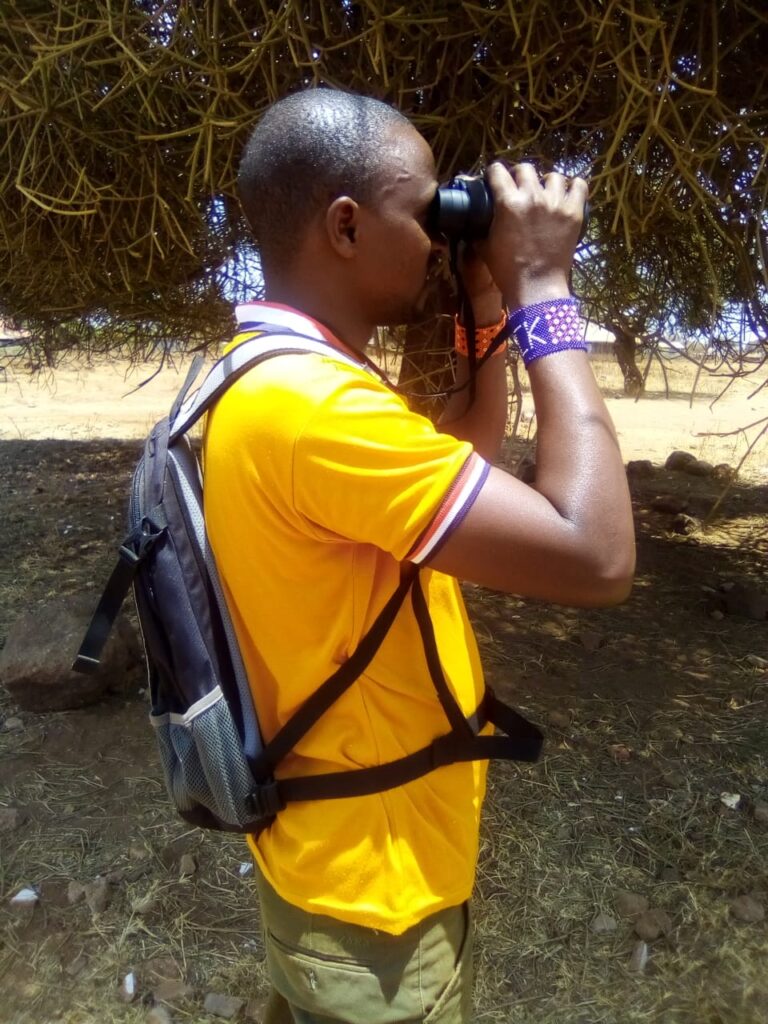
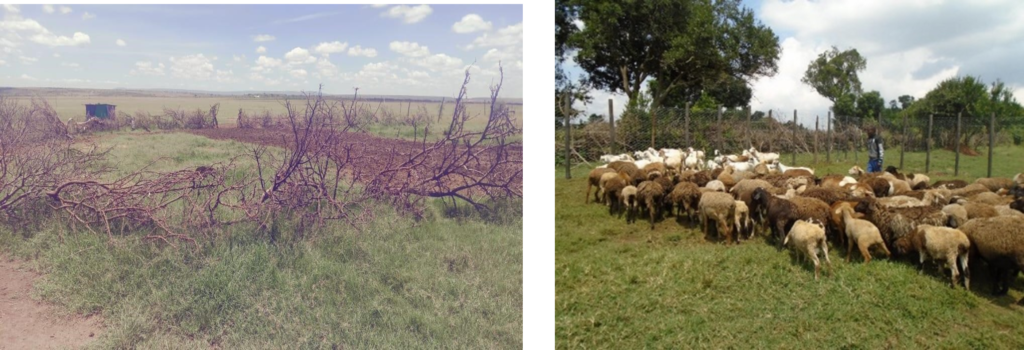
It will also work with Nature Tanzania, to evaluate the prevalence and threat posed by belief-based use on vultures and other species, and pilot demand reduction approaches in Makao Wildlife Management Area, Tanzania.
Improving livelihoods, linked to wildlife conservation, and raising awareness of the value of vultures in the ecosystem and the risks of poison use will underpin these actions.
Nature Kenya’s Executive Director, Paul Matiku said “this funding is a demonstration of the commitment by the UK Government to support the implementation of the post 2020 Global Biodiversity Framework. Vultures are unique species that require a landscape approach in line with the Framework’s proposed target to increase space for wildlife to 30% of land and sea-scapes by 2030 while recognising that solutions need to work for communities concerned’’.
Empowering Cabo Verde communities towards responsible practices in artisanal fisheries
Cabo Verde, an island nation nestled in the rich Canary Current Large Marine Ecosystem in West Africa, is of high global importance for breeding endemic and threatened seabirds and hosts the third largest population of Loggerhead Turtles.
Bycatch of seabirds, turtles and other marine species has potential to severely impact on marine biodiversity – as well as causing cost and damage to fishers.
This project will engage artisanal fishing communities from six islands in Cabo Verde to reduce bycatch of threatened seabirds and marine turtles. It will improve local livelihoods while preserving healthy fish stocks.
It will scale up a local certification scheme piloted with fishers on São Vicente Island that increases the market value of sustainably caught fish sold to local restaurants, yielding increased income for the community. Three local NGOs in Cabo Verde will build on this scheme and replicate it in communities on five additional islands. Measures will include minimum catch sizes, seasonality, waste- and bycatch-reduction of seabirds and turtles. Improved fish handling facilities provided as livelihood benefits, such as better freezing facilities, will reduce waste of fish caught and reduce pressure on fish stocks.
‘’This work supports local Cabo Verde fishers and NGOs to build more sustainable fishery practices and conservation capacity in these communities’’ said Dr Susan Waugh, BirdLife’s Marine Coordinator for Africa.
The project will be implemented by BirdLife International together with BirdLife Partners, Biosfera and SPEA (BirdLife in Portugal), and Cabo Verdean NGOs, Projecto Vitó, Associação Projeto Biodiversidade, as well as the University of Oxford’s Department of Zoology.
Safeguarding Rennell Island livelihoods and biodiversity from invasive species
The Solomon Islands have greater species diversity and endemism than any Pacific Island nation (after Papua New Guinea) and Rennell Island has the highest endemism per hectare.
East Rennell is a World Heritage Site but its irreplaceable biodiversity and the subsistence lifestyles of 900 villagers are threatened by introduced Black Rats and other invasive species.
This project will model and measure the impact of rodent control on East Rennell farms and endemic biodiversity, establish island-wide biosecurity and inform national, and regional, invasive species responses. Alongside understanding and addressing the problem of invasives on the island, the project will work with Lake Tegano World Heritage Site Association (LTWHSA), the community-based organisation managing the World Heritage Site, to enhance its financial management and fundraising capacity and to boost local incomes through increased handicraft production, improved access to established domestic markets and establishment of women-led village savings clubs.
The project builds on and will add to BirdLife’s extensive experience in island restoration in the Pacific. Pacific – BirdLife International
Miliana Ravuso, Project Manager, Pacific Islands Restoration Programme explained that “The 37,000 ha East Rennell World Heritage Site is one of few unlogged tracts of tropical rainforest remaining in the Solomon Islands. With many environmental and social pressures facing the WHS, this Darwin project has come at a critical time, to ensure these pressures are addressed in a tangible way.
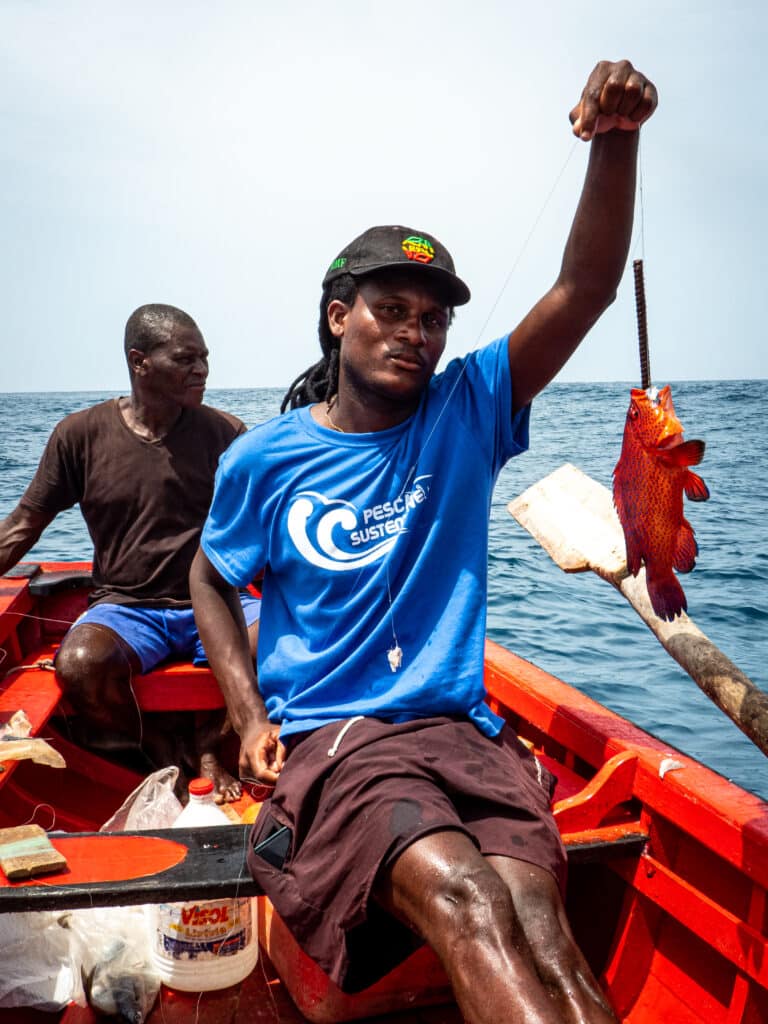
Build capacity and capability to regulate hunting and protect biodiversity
The island country of São Tomé and Príncipe is recognised for its unique biodiversity and is classified as the second most important African forest for the conservation of bird diversity. BirdLife has been active in the country for more than 10 years, working with the national government to co-manage the two national parks and implement sustainable management systems in the park’s buffer zones.
BirdLife’s first grant under the Darwin Initiative’s Capability and Capacity programme, will promote engagement and capacity of key actors for hunting management and regulation in São Tomé and Príncipe.
It will also address conservation aspects of the islands’ unique fauna and the management of invasive species, to provide a much-needed update to the National Hunting Law; and build an evidence- based framework to reach conservation targets while balancing human needs. It will culminate with the elaboration of a road map to effectively regulate hunting and support alternative livelihoods.
In addition, this project will address problems of inadequate hunting regulations and low enforcement of the latter, to reduce catches of endemic species of birds and address the threat posed by invasive species to native species of the island. It will build the baseline capacity of the main actors to regulate hunting, through the creation of a group of change agents, composed of carefully chosen hunters and ex-hunters, who, with training, will support the development of the hunting roadmap for the conservation of São Tomé’s extraordinary biodiversity and the promotion of sustainable livelihoods.
BirdLife will implement the project in partnership with the Forest and Biodiversity Directorate (DFB) including the Sao Tomé Obô Natural Park Department (PNOST); CE3C, the Centre for Ecology, Evolution and Environmental Changes Research Unit of the Faculty of Sciences, University of Lisboa; CIBIO – Research Centre in Biodiversity and Genetic Resources – InBIO Associate Laboratory; the Plataforma de Turismo Responsável e Sustentável (PTRS); and local hunters.
